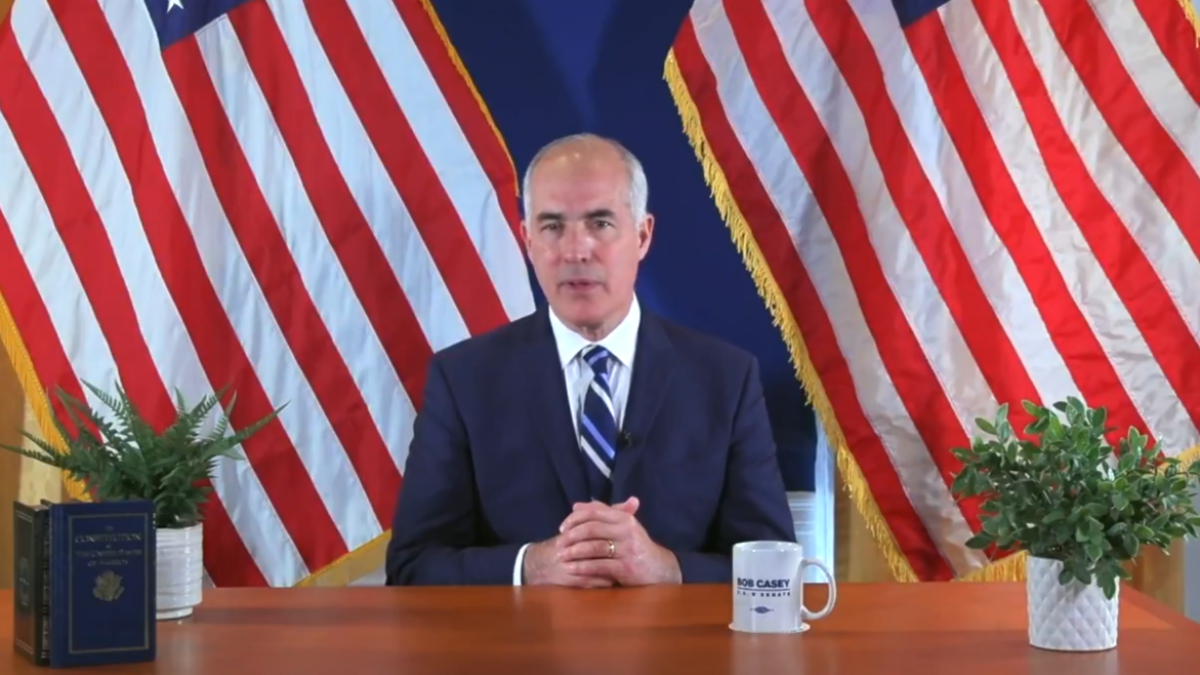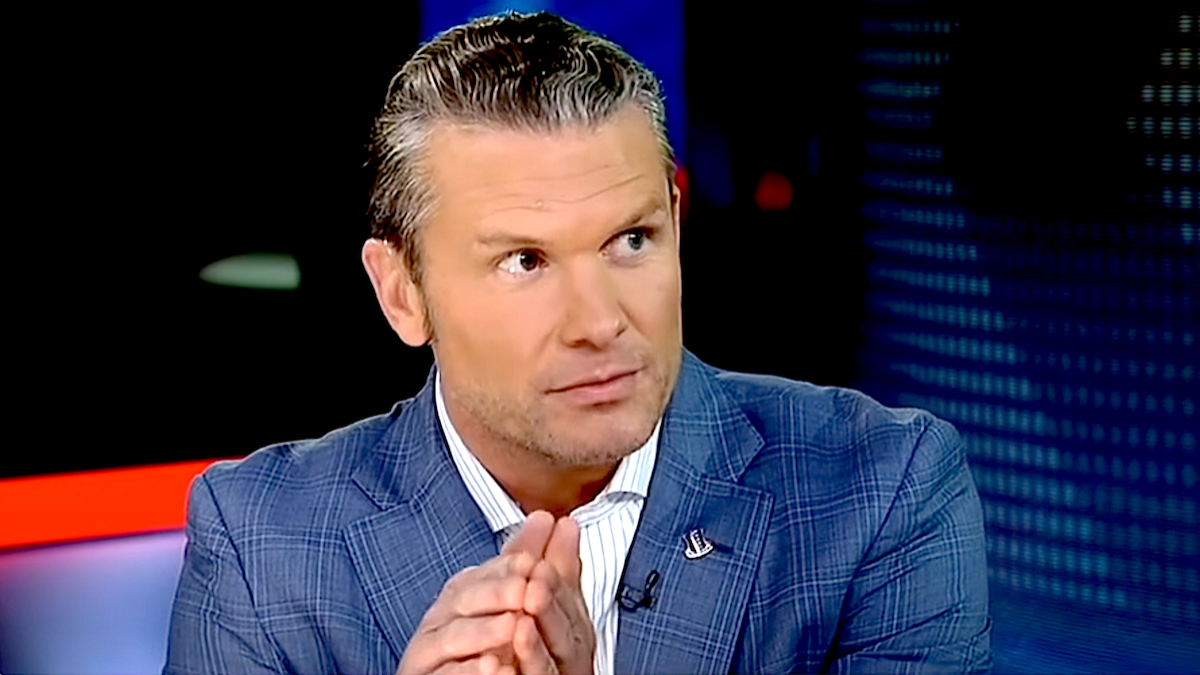After being swarmed by health providers who enabled her to medically transition as a minor, Prisha Mosley now says she’s been abandoned by the medical community as she attempts to navigate a complicated and painful detransition.
“I was under the impression that my doctors, who were transitioning me, loved me. They said they didn’t want me to die, they were saving my life, they were worried about me, and they wanted me to be healthy and happy,” Prisha told me. “Clearly, they don’t love me. As soon as it’s not profitable, they don’t want to help.”
Prisha has a slew of medical complications dating back to the more than five years she spent on testosterone and a double mastectomy that a plastic surgeon performed shortly after she turned 18. Many of those complications surround her endocrine system, which encompasses the hormones that regulate nearly every process in the body, from metabolism to growth and development, emotions, mood, sexual function, and sleep.
“I was hoping that if I could get my endocrine system working, I could be on less psychiatric medicine because low testosterone and estrogen will cause depression and anxiety, both of which I’m medicated for and don’t really like being medicated for,” she said.
Prisha also hopes that with estrogen supplements, she’ll experience some muscle and fat redistribution. After years of testosterone broadened her neck and shoulders, she now carries more weight in her upper body, which causes her chronic pain. Her throat is sore, she can no longer sing or raise her voice, and she suffers hair loss, as well as hair growth on her body, which she has to treat with costly laser hair removal sessions.
Another side-effect Prisha is seeking medical attention for is severe sexual dysfunction, which is so bad, she says she can no longer use tampons.
“I used to be able to, and now I can’t,” she said. “And that sucks. There’s pain, there’s irregular periods, and atrophy.”
No Medical Professionals Will Help
Hormonal care to fix her endocrine system, she hopes, could help her become more feminine — and perhaps fertile again. But she said every primary care physician, endocrinologist, obstetrician, and gynecologist she’s approached on her insurance list has turned her away or said they can’t help.
“I could call and be rejected every single day,” according to Prisha.
Professional organizations that represent many of these providers claim to offer open, inclusive, supportive care for “transgender” and “gender diverse” individuals. That offering, it appears, doesn’t apply to individuals seeking to detransition.
Prisha isn’t the only detransitioner who feels abandoned by the medical institutions that pushed her into wrong-sex hormones and surgery. Over the past year, Independent Women’s Forum has documented multiple stories of detransitioners who also report being abandoned by medical and mental health professionals after deciding to detransition.
“I reached out to every physician, every therapist who is involved with this, and I haven’t really gotten any help at all,” said Chloe Cole, an 18-year-old who was fast-tracked down a medical transition as a child by a team of eager doctors. Left to navigate the detransition process on her own, Chloe stopped taking testosterone “cold turkey,” and is still struggling with urinary and other complications that doctors have yet to help fix.
Cat Cattinson, a woman who medically transitioned to a wrong-sex identity in her 20s before realizing it was a major mistake, said access to medical care from providers who are knowledgeable is one of the major barriers detransitioners face:
Because of the experimental nature of gender medicine, doctors know very little about the long-term effects of medical transition and even less about the health-care needs of those who detransition. Surgeries, obviously, are irreversible, but hormonal interventions can also have lasting effects requiring treatment to mitigate. Testosterone caused irreversible changes to my vocal cords, resulting in daily discomfort and pain, but most ENTs [ear, nose, and throat doctors] and other voice ‘professionals’ are not informed about how testosterone affects a female voice or how to help someone in my situation.
Prisha doesn’t know why she’s been turned away from so many doctors and medical providers — whether it’s about money, politics, or a lack of knowledge to help. If it’s the latter, one might ask why medical professionals are allowed to put individuals, including minors, on drugs and “treatments” that they’re unable to later undo or address, should that patient change his or her mind.
Whatever the reason, the inability to access medical attention is having a profound effect on Prisha, beyond her physical health.
Prisha’s Mental Health Struggles
Prisha, who attends school in Big Rapids, Michigan, has a long and complicated history with borderline personality disorder, anxiety, depression, and other mental illnesses. Now 24, Prisha says she used transitioning as a cover for her deeper-rooted mental health issues.
Since detransitioning, Prisha’s been in dialectical behavior therapy to manage her borderline personality disorder — therapy she credits with saving her life.
“When I treated that, all of the symptoms started getting better,” she said. “Nothing that I did to transition treated those things that were causing me mental suffering.”
But now as a detransitioner, even her therapy treatment is in disarray. A few months back, Prisha lost her health insurance because she couldn’t afford it. Under her new insurance, instead of being charged $10 per therapy appointment, she is being charged $96, an increase she wasn’t aware of for five months. Prisha now owes nearly $3,000 to her therapist, a service she depends on.
Upon going public with her story, Prisha started a campaign to raise money for breast reconstructive surgery, something she wishes to pursue to resolve the “phantom breast syndrome” she often experiences, and to appear more feminine.
But because the surgery is not deemed “a medical necessity,” Prisha would have to pay for it fully out-of-pocket. She would also need at least two surgeries to stretch her skin and reconstruct her breasts, estimated at more than $11,000 each. During this process, Prisha says she was told she would risk losing her nipples, which her plastic surgeon removed and reattached in more masculine positions.
The dream of breast reconstructive surgery and the $4,000 she’s raised for it thus far were put on hold, as Prisha is left using every penny she has to pay for her therapy and basic health insurance coverage.
“I feel like it’s like a bottomless pit — the medical needs, and I need the therapy because I can barely do this,” she said. “And I’m absolutely not going to, once again, medicalize my body without taking care of my mind.”
Now in debt and being rejected by one doctor after another, Prisha is at a loss for what to do. In an act of desperation, she turned to Plume, a company that has raised millions of dollars to connect patients with physicians who can prescribe them “gender-affirming hormone replacement therapy” online, including a “one-time medical letter of support for surgery with a one week turnaround time” for a fee of $150. But this time, instead of affirming her identity as the opposite sex, Prisha sought the help of Plume to get blood tests and hormone treatments to affirm her true sex: a woman.

Screenshot of Plume website.
After paying $99 and scheduling an appointment with a provider, Prisha said she was “ghosted” 40 minutes before the appointment.
Plume hasn’t responded to Prisha’s requests for an explanation or even a refund. She suspects the provider canceled last minute because Prisha disclosed that she was “detrans” in initial paperwork she completed just minutes before the canceled appointment.
After she submitted her intake forms, “All contact dropped off,” Prisha said. She then took to YouTube to share her devastation.
“I don’t know what to do, I don’t know who to go to because no one will help,” Prisha said through tears. “I was really hoping that they would care about me and help me. I just want to feel better. I just want to be better. I don’t want my body to be like this anymore. I’m in pain. … I can’t take it anymore.”
Independent Women’s Forum reached out to Plume to ask whether the company offers its services to detransitioners. Plume did not respond to our request.
The situation led Prisha to consider self-medicating. But due to her family history with mental illness and addiction, she’s doing everything in her power to resist that path.
“I’m feeling pushed to go that route because no doctor will help me,” she said. “It is deeply triggering my [borderline personality disorder] abandonment and rejection issues. It’s really easy to slip into the mindset that everyone hates me, I’m a medical monster, I’m bad and evil, and I deserve this.”
“It’s just being abandoned,” Prisha added. “I feel abandoned.”









